GFCI & Sump Pump
mike_kaiser_gw
14 years ago
Featured Answer
Sort by:Oldest
Comments (24)
manhattan42
14 years agoazlighting
14 years agoRelated Professionals
North Versailles Electricians · Pooler General Contractors · Conway General Contractors · Jackson General Contractors · Keene General Contractors · Lakewood Park General Contractors · Makakilo General Contractors · Rock Island General Contractors · Greenwich Solar Energy Systems · Phoenix Solar Energy Systems · Evanston Home Automation & Home Media · Goldenrod Home Automation & Home Media · Rosenberg Home Automation & Home Media · San Pablo Home Automation & Home Media · St. Louis Home Automation & Home Mediawayne440
14 years agomike_kaiser_gw
14 years agohrajotte
14 years agobrickeyee
14 years agomike_kaiser_gw
14 years agoRon Natalie
14 years agobrickeyee
14 years agomike_kaiser_gw
14 years agoRon Natalie
14 years agomike_kaiser_gw
14 years agowayne440
14 years agoRon Natalie
14 years agomike_kaiser_gw
14 years agobrickeyee
14 years agomike_kaiser_gw
14 years agochrisny
14 years agomike_kaiser_gw
14 years agobrickeyee
14 years agoerickkalb
14 years agowayne440
14 years agobrickeyee
14 years ago
Related Stories
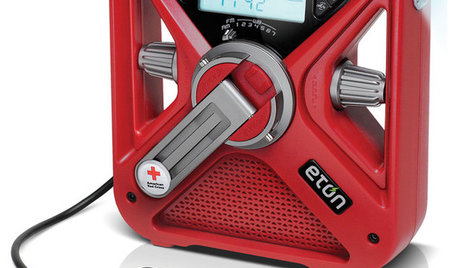
HOME TECH7 Ways to Charge Up and Connect After Disaster
Products and tips for communicating and keeping essential items running till the power's back on
Full Story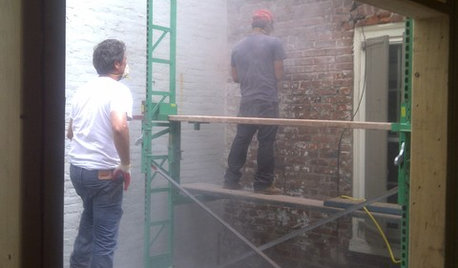
HOUSEKEEPING10 Problems Your House May Be Trying to Show You
Ignore some of these signs and you may end up with major issues. We tell you which are normal and which are cause for concern
Full Story
LANDSCAPE DESIGNDitch the Ordinary Ditch: Create a Realistic Dry Creek Bed
Here’s how to turn your water runoff system into an eye-catching accent for your landscape
Full Story
BASEMENTSDesign Workshop: Is It Time to Let Basements Become Extinct?
Costly and often unnecessary, basements may become obsolete — if they aren’t already. Here are responses to every reason to keep them around
Full Story
LIFEHow to Prepare for and Live With a Power Outage
When electricity loss puts food, water and heat in jeopardy, don't be in the dark about how to stay as safe and comfortable as possible
Full Story
OUTDOOR PROJECTSBring In the Birds With a Homemade Bubble Rock
An avian expert from Southern Indiana shows how to make a burbling fountain that migrating birds will love
Full Story
LANDSCAPE DESIGNSoak It Up: How to Manage Stormwater in Your Landscape
Permeable paving, gravel beds and planted areas in your yard can absorb and cleanse stormwater runoff. Here's how it works
Full Story
LANDSCAPE DESIGNHow to Move Water Through Your Landscape
Swales, underground pipes or a mix of both: There’s more than one way to distribute water in the garden
Full Story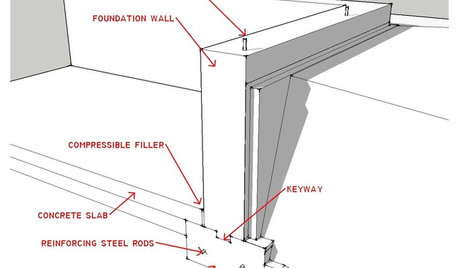
ARCHITECTUREKnow Your House: What Makes Up a Home's Foundation
Learn the components of a common foundation and their purpose to ensure a strong and stable house for years to come
Full Story
REMODELING GUIDES10 Tips for Renovating Your Basement
A professional contractor shares her tips on what to consider before you commit to a basement remodel
Full StoryMore Discussions






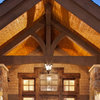
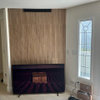
wayne440